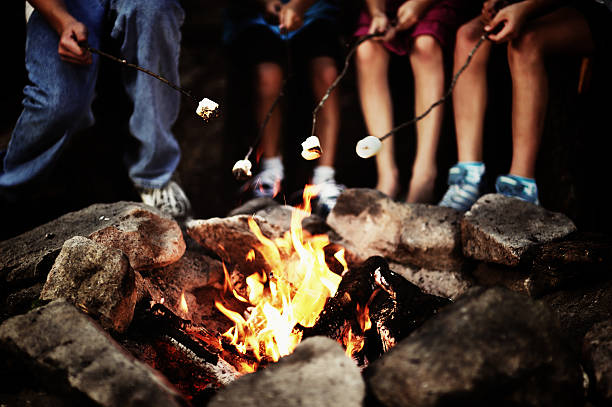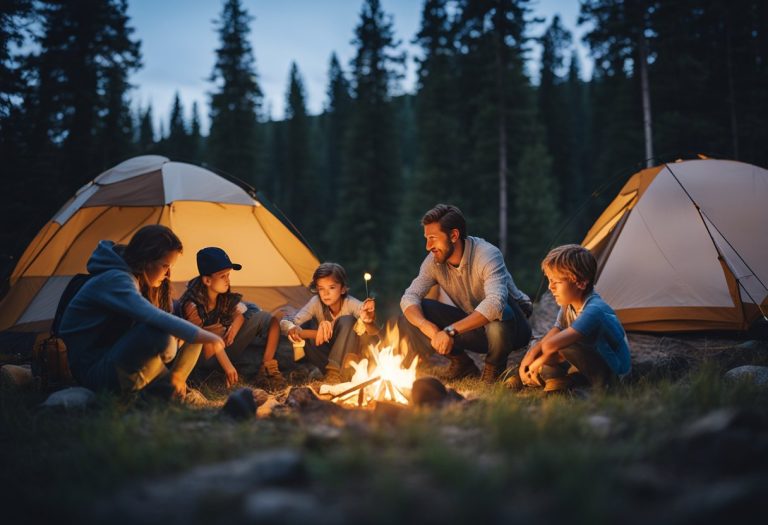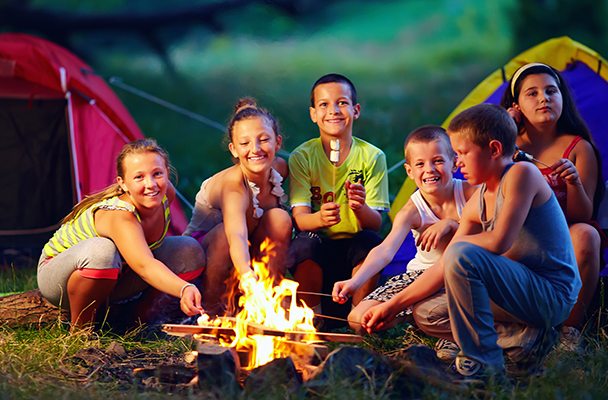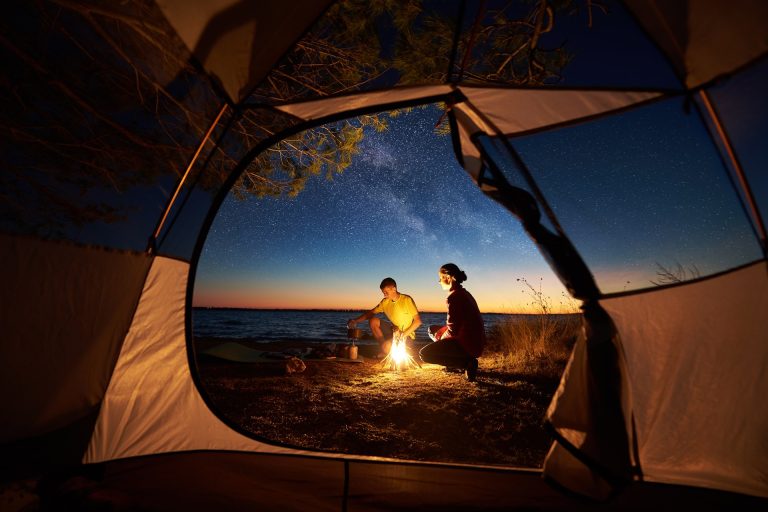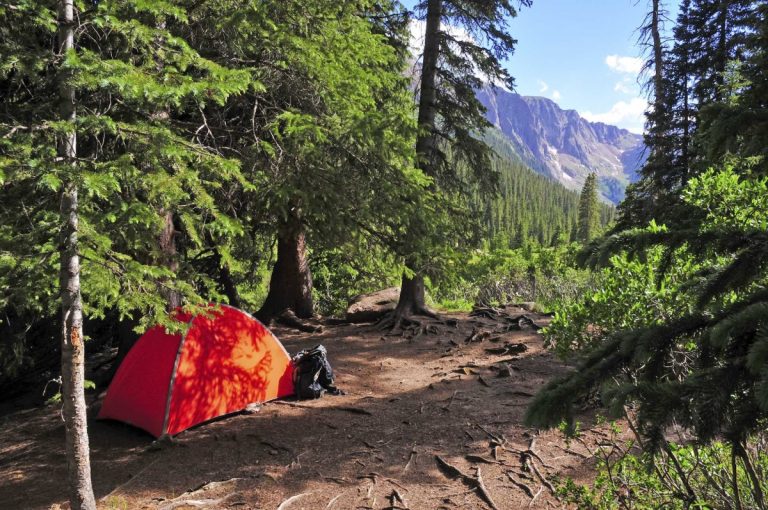From Campfire to Compass: Mastering the Art of Survival Camping
Camping is more than just a weekend getaway—it’s an opportunity to test your skills, embrace self-reliance, and reconnect with the wilderness. Survival camping takes this experience one step further. Instead of relying on modern luxuries, you use knowledge, creativity, and resilience to thrive outdoors. Whether you’re a seasoned adventurer or a curious beginner, mastering the art of survival camping can transform your outdoor experience from ordinary to unforgettable.
Why Survival Camping?
Unlike regular camping, survival camping emphasizes resourcefulness. It’s about learning how to live with less, adapt to your environment, and handle challenges with confidence. Beyond building toughness, survival camping also fosters patience, problem-solving, and a deeper respect for nature.
Core Skills for Survival Camping
1. Fire-Building
A campfire is essential for warmth, cooking, and safety. Practice creating fire using matches, lighters, or even flint and steel. Learn how to gather dry tinder, kindling, and fuel wood—even in damp conditions.
Tip: Always build fires in safe, designated spots and extinguish completely before leaving.
2. Shelter-Making
When weather shifts unexpectedly, shelter can make the difference between comfort and danger. While tents are useful, knowing how to build a lean-to, tarp shelter, or debris hut is an invaluable survival skill.
Tip: Prioritize locations with natural windbreaks and dry ground.
3. Navigation and Compass Skills
GPS is convenient, but batteries die. A compass and map are reliable tools every survival camper should master. Learn to read topographic maps, follow bearings, and recognize landmarks to avoid getting lost.
Tip: Practice navigation skills close to home before heading into remote areas.
4. Finding Food and Water
Water is the most critical resource—learn to locate streams, collect rainwater, and purify it through boiling or filtration. For food, study basic foraging, fishing, and simple trapping techniques, but always research local laws and edible plants beforehand.
Tip: Pack backup food supplies, even when practicing survival skills.
5. First Aid Knowledge
Accidents can happen in the wild. A survival camper should know how to treat wounds, prevent infection, and handle emergencies until professional help is available.
Tip: Carry a compact but well-stocked first aid kit and refresh your training regularly.
The Mindset of a Survival Camper
Survival camping isn’t just about gear and skills—it’s about mindset. Adaptability, patience, and calm problem-solving are your greatest assets. Every challenge, from sudden storms to unexpected detours, becomes an opportunity to grow stronger and more self-reliant.
Safety First
Survival camping is rewarding, but it should always be approached with caution. Tell someone your plans, know your limits, and never underestimate nature. Preparation and respect for the outdoors ensure your adventure remains safe and memorable.
Final Thoughts
From the glow of a campfire to the steady guidance of a compass, survival camping teaches us to rely on ourselves and work in harmony with the wild. It’s not about escaping civilization—it’s about rediscovering skills that remind us of our resilience.
So grab your gear, sharpen your skills, and head into the great outdoors. The wilderness is waiting to test, teach, and inspire you.


